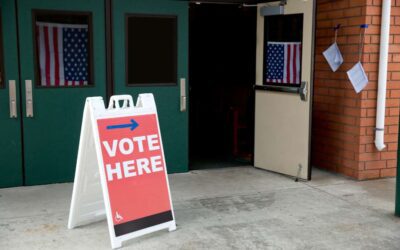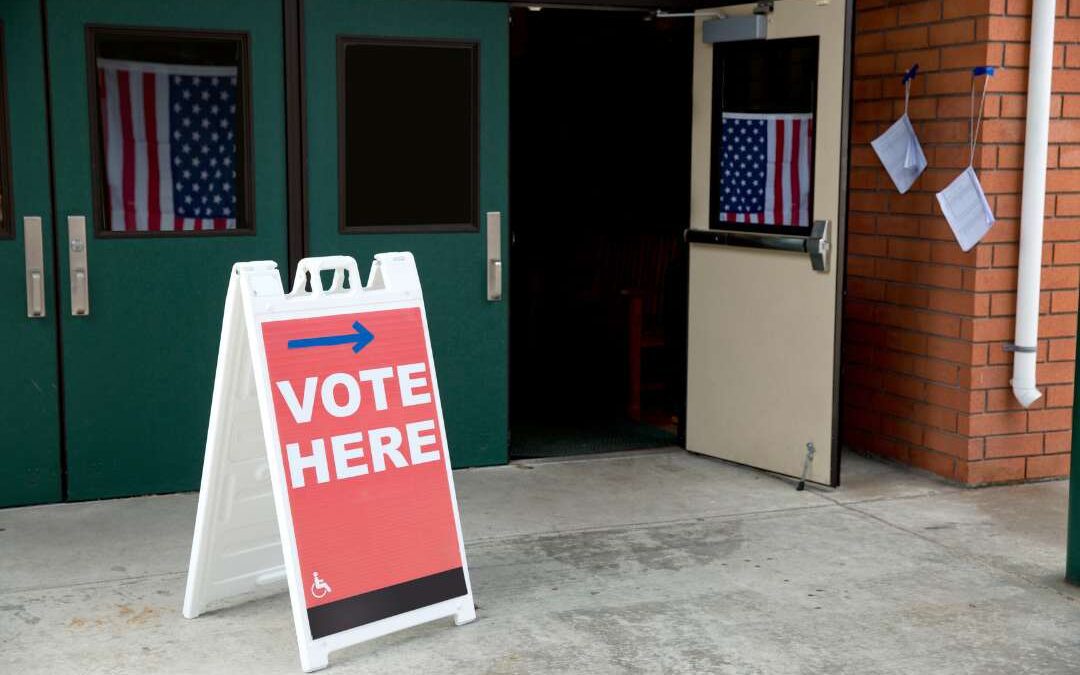The History
On June 19, 1865, Union General Gordon Granger arrived in Galveston, Texas to enforce the Emancipation Proclamation by freeing all those still enslaved. Granger rolled into Galveston with his troops two months after Robert E. Lee surrendered in Virginia and over two years after President Lincoln issued the Emancipation Proclamation. Though these slaves had been legally freed, it was on this day, June 19th, they finally tasted freedom for the first time. Juneteenth (short for June Nineteenth) is a holiday that commemorates this day which effectively ended slavery in the U.S.
Last year marked the 400th anniversary of the first African slaves arriving on the shores of Jamestown, VA (1619). Slavery legally existed for almost 250 years in the so-called, “Land of the Free.”
Americans have struggled with and even fought over slavery. Those who claim the name of Christ have not been immune to this struggle and it didn’t end on Juneteenth. Today, one of the most common criticisms against Christianity is that the Bible supports the institution of slavery.
So what does the Bible actually teach about slavery?
The Theology
It is important to know from beginning to end, Scripture clearly condemns the kind of slavery that took place in America. In Exodus 21:16, right after the giving of the 10 Commandments, the Lord condemns “man-stealing” – which is kidnapping someone and forcing them into your service. The punishment for “man-stealing” according to the Law was death. In the New Testament, Paul condemns “enslavers” as being contrary to the Law of God and facing the condemnation of God (1 Tim 1:10). Much more could be said about this point, but it is obvious both Old and New Testaments denounce as wicked the practice that was the transatlantic slave trade and those who participated in it.
A fellow elder at my church once told me, “people can torture the Bible and get it to confess to whatever they want when they rip verses out of context.” It was the Bible that was often cited to support slavery in America. The words of the Apostle Paul were used by both enslavers and abolitionists, so who read him right?
Paul’s shortest epistle, Philemon, has much to teach us about how Christians should view in institution of slavery. Dr. Rebecca McLaughlin writes, “Paul writes from prison in Rome, where he has encountered an escaped slave, Onesimus, and he is sending Onesimus back to his master Philemon. These facts seem to make an ironclad case for the Bible’s support of slavery. Until you read the letter.”(1)
Paul is writing into a context where people sold themselves into slavery in order to pay off debts. Once the debt was paid, the slave was free. Slavery was not based on ethnicity or even social class, so you could not look at someone and determine if they were a slave. Under Old Covenant Law, Israel was called to be a refuge for runaway slaves from surrounding nations and to not return them (Deuteronomy 23:15). If a master inflicted any permanent harm to a slave in Israel, the slave had to be set free (Exodus 21:2), but under Roman Law a slave could be punished severely and potentially killed for running away. So, Paul asking Onesimus to return to Philemon was a scary scenario.
Onesimus became a Christian under Paul’s ministry in Rome and Paul asks Philemon to receive Onesimus back “no longer as a slave” but as a “beloved brother” (v.16). Christians should no longer view one another as slave and master, but as family. Paul is setting a time-bomb here that would later be used by Christians to blow up the institution of slavery. Paul also applies some sanctified passive-aggressive pressure on Philemon by asking him to do all of this in a letter that was read publicly to his church family and by saying to “prepare a guest room” because he was coming to visit soon (v.22).
Paul argues, in probably his first epistle, that if Christians who are slaves can get out of slavery, they should. Since Christians are now slaves of Christ, we should no longer be slaves to anyone else (1 Corinthians 7:21-23). This is why early Christians were known to use part of their church offering to purchase the freedom of their fellow Christians. Jesus came to “set the captive free” (Luke 4:18), so Jesus’ people should also help liberate people in bondage and celebrate any time someone is set free.
But back to the main question – what should Christians do when asked about the Bible’s teaching on slavery? Many have pointed to the similar ways the Bible treats slavery and divorce. When the Pharisees tried to “test” Jesus and trip Him up by asking Him about divorce (Matthew 19:3), Jesus referenced Genesis 2:24 and argued that God’s original design for marriage was not divorce. It was because of their “hardness of heart” that Moses allowed them to divorce, “but from the beginning it was not so” (Matthew 19:8). The same can be said for slavery. Just because God regulates something in Scripture because of human sinfulness, doesn’t mean that He commends or condones the practice of it.
This Party and That Party
Slavery wasn’t in the world in the first two chapters in the Bible (Genesis 1-2) and it’s not there in the last two chapters either (Revelation 21-22). Therefore, Christians should do all we can now to live in light of God’s original design and Jesus’ coming Kingdom. The church is to be a preview of what is to come by opposing the institution of slavery and rejoicing in its abolition. Juneteenth is a foretaste of the day when every captive will be set free, so that’s worthy of firing up the grill and celebrating today.
Happy Juneteenth, fam.
- Rebecca McLaughlin – Confronting Christianity: 12 Hard Questions for the World’s Largest Religion – pg.178
- Eric Mason – Woke Church: An Urgent Call for Christians in America to Confront Racism and Injustice – pg. 62
Originally Published June 19, 2020
Prayer Requests
- Thank the Lord for how He has used His people in the past to oppose injustice and abolish institutions like slavery.
- Fredrick Douglass famously said, “Slavery has always sought to hide itself under different names.” Pray for eyes to see, a heart that hates, and a voice that is willing to speak out against any injustice against anyone made in God’s image, even if that injustice was created to benefit you.
- Paul told Philemon – “For this perhaps is why he (Onesimus) was parted from you for a while, that you might have him back forever, no longer as a slave but more than a slave, as a beloved brother.” On these verses, Dr. Eric Mason comments, “What if God sovereignly allowed the church to be racially separate for a time because He intends to impact the world by bringing us all together as one family? What if the things happening in our country right now are God’s way of telling us it’s time to wake up and act like family?”(2) Pray the Lord would bring the unity that Jesus prayed for (John 17:22) and died for (Ephesians 2:14) to His church in America.










